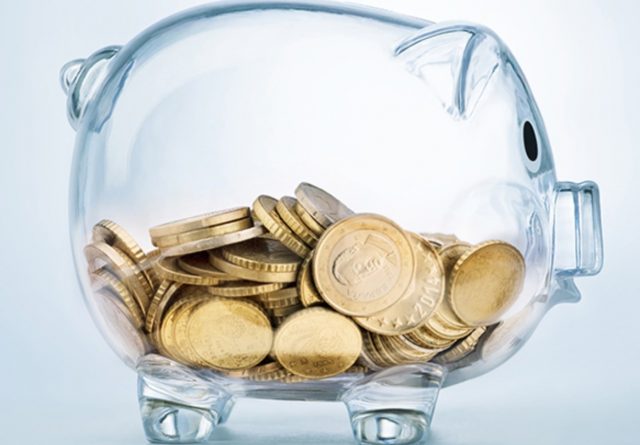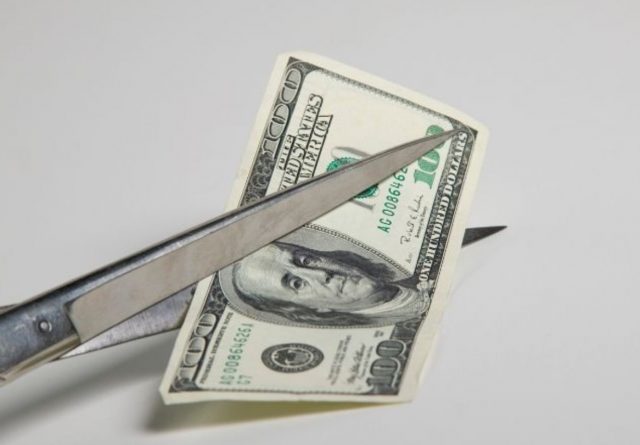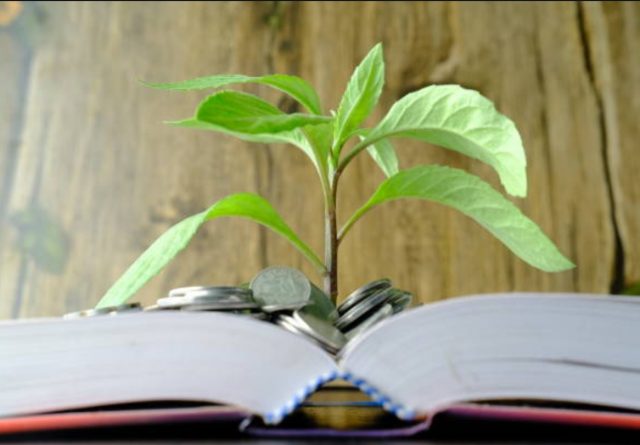
Well folks we made it. We’ve emerged from 2024 bruised and battered and scraped by ‘Blue Monday’, supposedly the most depressing Monday of the year, by the skin of our teeth. The festive period is long gone but the big financial challenges it brings are still being felt . It’s generally common for people to spend considerably more than they normally would once they reach the run-up to Christmas, and amid the misery of the pandemic preventing us from doing many of the fun things we normally would in conjunction with a massive surge in online spending the trend seems to only be getting worse.
Thankfully, there are many steps that you can take to help you recover from Christmas binge spending much quicker so you can achieve financial harmony again. Let’s look at some of the best things you can do to reach a state of financial readiness. This doesn’t just apply to Christmas either; it helps you be prepared for anything else that 2024 can think to throw at us (not to tempt fate)…

So what is financial readiness?
Well first we need to have a proper grasp of the concept. Financial readiness is all about meeting your daily needs so you can make more progress and buy the things you enjoy without guilt or damaging your financial health. Some people have different definitions of financial readiness. Whilst others regard financial readiness as simply being able to meet their household bills on time, others see it as being able to cover the most desirable things in life. Whatever the case, you can avoid a host of money problems by aiming for financial readiness.
Making sacrifices
A few sacrifices can make a big difference to your bank balance as time goes by. Small purchases like coffees and snacks can easily add up over the course of a few months. Simply saving as little as 10% of your income can put you in a much better financial position, especially if you can commit to a ‘regular saver’ savings account, these accounts generally have favourable interest rates but come with the condition that you need to make minimum monthly contributions (which can be useful as it now means you are obligated to save each month). These accounts also generally require advance notification of your intent to withdraw funds, so they’re not the best place to keep your emergency fund.
Although saving can seem hard at first, people tend to become more protective of their money as it grows. Many people have set up direct debits so the money goes straight into their savings accounts automatically.

Track your expenditure
Recording your spending can be a real eye-opener. By tracking your expenditure, you can see just how much is going on unnecessary purchases. You may very well be shocked by the results when you obtain this strategic viewpoint. Much like a food diary, it’s deceptively easy to be bleeding cash in areas that you simply don’t even think about because it’s been that way for so long it’s become a second nature. Tracking your spending is like looking at your own life from a different perspective with a fresh set of eyes.
To build on the food diary analogy further (can you guess what my New Year’s Resolution was yet?) It’s wise to prioritise what you need over what you desire. Once you have met your bills and added the relevant sum to your savings account, you can become more relaxed about your spending. Make sure you move a portion of your income to your savings account as soon as you’re paid. Don’t make the mistake of waiting until the end of the month to move any ‘remainder’ cash over to your savings, we both know how that will go.
Cut living costs
It’s more than likely your spend tracking system is highlighting at least a few areas for improvement. Most people are spending far more on their day-to-day living costs than they need to. It really depends how serious you are about improving the bottom line of your bank account and how motivated you are to make changes. You could be able to get a much better deal on medical care, insurance, banking and fuel costs for example for only a modest input of your time and energy.
The internet has made it much easier to see what other deals are out there. You may even be able to stick with your current service providers but get a much better deal (pro tip – phone them up and get on to their cancellation support team as they often have the authority to make reductions to bills). Mobile data can be very costly, so turn off the internet when you’re not using it and use Wi-Fi whenever possible. It’s also important to stay on top of repairs. If anything needs fixing, attend to it as soon as you can so repair costs don’t spiral out of control. You can apply this not only to your home but your car and your physical self too.

Free resources to help you achieve financial readiness
Wonga recently published a financial readiness pack for free download to customers, or anyone else for that matter, as part of its responsible lending strategy. This can also be downloaded as a PDf.
One survey undertaken by the lending giant revealed the importance of these types of free educational resources. Education, or historically a lack of it, was regarded as a major obstacle for those wishing to improve their financial health. 58% of over 7000 people surveyed said they didn’t have any access to higher education. The same survey confirmed that higher education takes most students into the top 15% of earners across South Africa.
Small efforts can bring big results
Making sacrifices, putting money into a savings account, recording your expenditure and a hunger to educate yourself as much as possible can all help you reach a state of financial readiness. Even the smallest efforts can quickly start generating tangible rewards this year if you start now.
It’s highly probable that your spend tracking system is revealing several areas where you can make significant improvements in your financial management. Many individuals find that they are spending more on their day-to-day living expenses than necessary. The extent to which you are willing to enhance your bank account’s bottom line and your motivation to implement changes will determine the impact on your financial well-being.
For instance, you could potentially secure much better deals on essential expenses like medical care, insurance, banking services, and fuel costs with just a modest investment of your time and energy. This could involve comparing different insurance options, exploring Medicare Supplement Plans for 2024, which might offer more comprehensive coverage or cost savings.
Additionally, you can consider switching to more cost-effective banking services or seeking out discounts and loyalty programs for fuel purchases. Small adjustments in these areas can accumulate over time, significantly improving your financial situation and providing greater peace of mind for the future. Taking proactive steps to optimize your spending can lead to long-term financial stability and security.

Have you had challenges with financial readiness that you’re ready to overcome? We would love to hear from you in the comments below.














